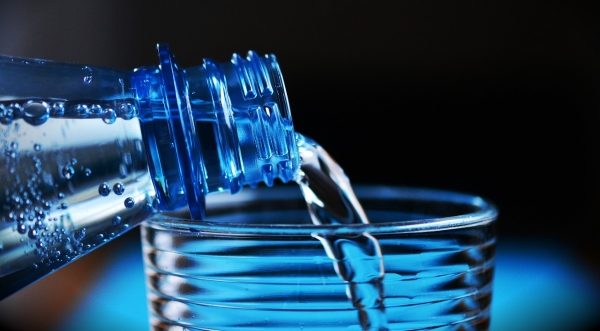A Rutgers Health researcher collaborates to develop a microscopic technique that zeroes in on the poorly explored world of nanoplastics, which can pass into one’s blood, cells and brain.
A breakthrough microscopic technique that can detect minute particles of plastic in bottled water that can pass into human blood, cells and the placenta with unknown health effects has been developed by a team of researchers from Rutgers Health and Columbia universities.
In a study published in the journal Proceedings of the National Academy of Sciences, Rutgers and Columbia researchers counted and identified particles in bottled water, finding that on average one liter of water contained some 240,000 detectable plastic fragments – 10 to 100 times greater than previous estimates based mainly on larger sizes of plastic.
Read More: Rutgers University


